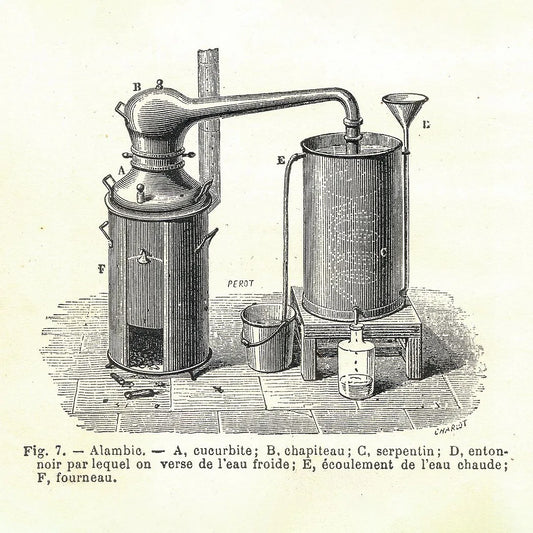Essential oils are meant to enhance your quality of life by adding pleasing scents to your environment, and they may provide the added benefit of an elevation of mood, a calming influence, or even a remedy for low-level symptoms like clogged sinuses or headache. Some have additional benefits that are still being studied through science, like disinfecting surfaces or relieving joint pain. No research to date has revealed them as curatives for serious illness.
If you are considering ignoring a doctor’s advice and attempting to treat an illness or disease with essential oils instead of medication, ask yourself these questions:
- What dosage should I use?
- How should it be administered?
- How often should I use it?
- How will I know if it’s working?
- How much time should I give the essential oil to work?
Prescription or over-the-counter medications always come with instructions for their use, as well as lists of potential side effects and the length of time you should take the medication to be sure it has done its job. As essential oils are not medications, they do not come with specific instructions about how much to use to treat an illness or symptom. No medical professional has determined that X number of drops in Y carrier oil applied to Z place on the body will knock out a patient’s sinus infection or shrink a cancerous tumor. If you don’t know what dosage is purported to work, how often you should use it, and in what way it should be administered (aromatherapy, topical, or ingested), you have no way to know if it’s going to work or not. This is not how medication is meant to function.
Let’s say you have made the admittedly ridiculous decision to treat a tumor with essential oils instead of chemotherapy and radiation. How much oil should you use, where on your body should you apply it, and how will you know if it is doing the job? You cannot see the tumor, so it may be getting larger as you spend valuable time trying to treat it with an unproven therapy. Without computerized tomography or magnetic resonance imaging, you will not be able to tell if the tumor has shrunk or grown in the time that you have spent attempting to treat it with oils. Will you return to your physician after rejecting her recommendation to use traditional or leading-edge medical therapies and tell her what you have been doing instead?
Without specific instructions about the use of one or more essential oils, there is no way to know how long you should dose yourself with the oils before you can hope to see an improvement. What if you begin to feel worse? If you have put your faith entirely in the oils instead of proven medical therapies, you may wait and wait for some evidence that they have started to work, and you may wait much too long, endangering your own life in the process.
Of course, essential oils can’t shrink a cancerous tumor, so you would never attempt to treat one with them. If you have chosen to treat any illness or condition with the oils instead of following your doctor’s instructions, however, you put yourself at risk, as well as your family if the illness is contagious. Essential oils are no substitute for Western medicine. Use them to ease symptoms like anxiety or headache or as a complementary therapy for more serious issues, but always follow your doctor’s orders.





